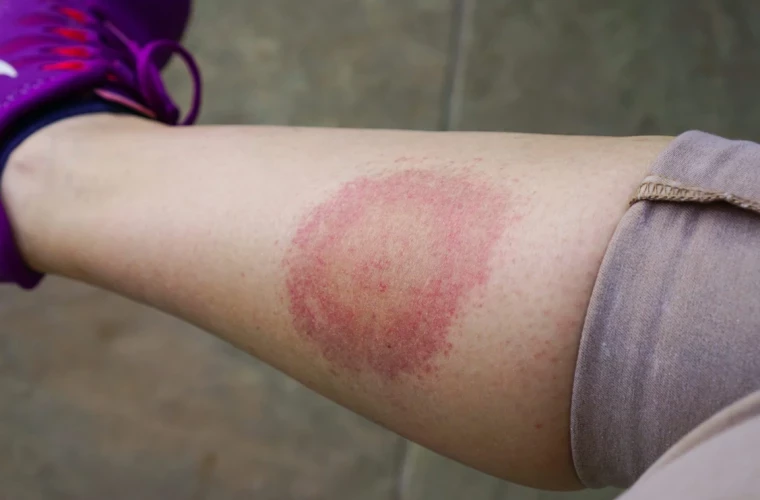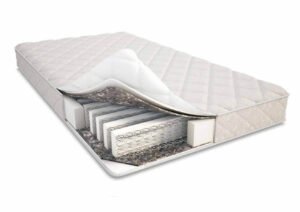
Since the beginning of this year, five people went to the doctor with a diagnosis of borreliosis caused by tick bites. Last year, the number of such cases exceeded 70, most of which were recorded during the warm summer months, when ticks are most active.
According to the Chisinau Public Health Center, the number of cases of borreliosis after tick bites decreases at the beginning of the year. Adults are particularly exposed to the disease (69.5%), especially pensioners and non-working people who often spend time outdoors and visit places of recreation with an increased risk of tick bites. In the children’s population, the share of registered cases is 30.5%, according to Noi.md. In recent years, favorable climatic conditions have kept ticks active almost throughout the year, leading to the registration of Lyme disease. However, the majority of cases (85.7%) occur between May and September, when the population is actively visiting places inhabited by ticks.
Experts recommend taking precautions to prevent tick bites, including wearing clothing with long sleeves and pants that cover arms and legs, and shoes that cover the entire foot when visiting forest and high grass areas. The use of repellents designed to protect against ticks is recommended. Pets should also be dewormed regularly. It is important to check children for tick bites in particularly vulnerable areas, such as the armpits, groin, knees, abdomen, neck and head. If you are bitten by a tick and show signs of illness, it is recommended that you see your family physician or infectious disease specialist. Treatment is most effective if started as early as possible. Chemical and physical treatments such as creams, oils, nail polish and warm bandages should be avoided as they can increase the risk of infection through increased release of infected saliva by the tick.






